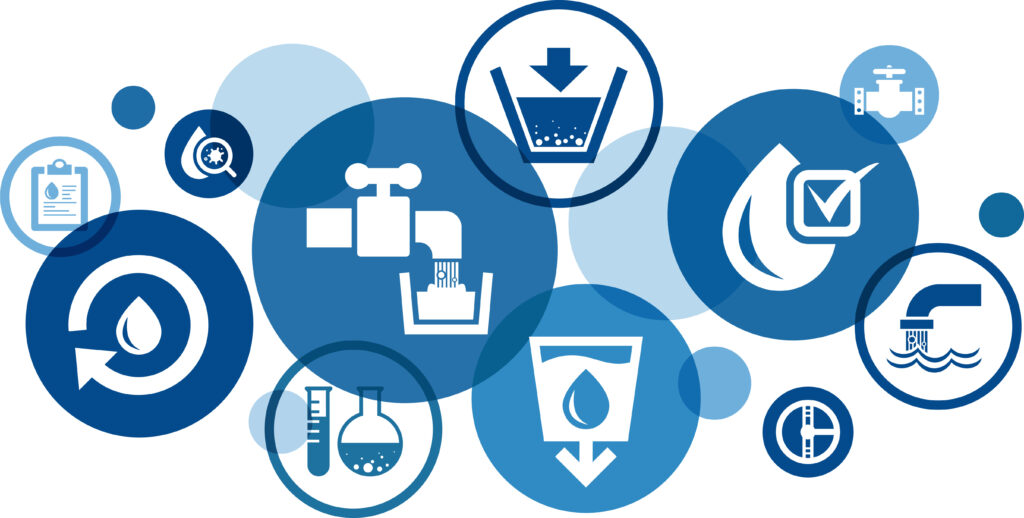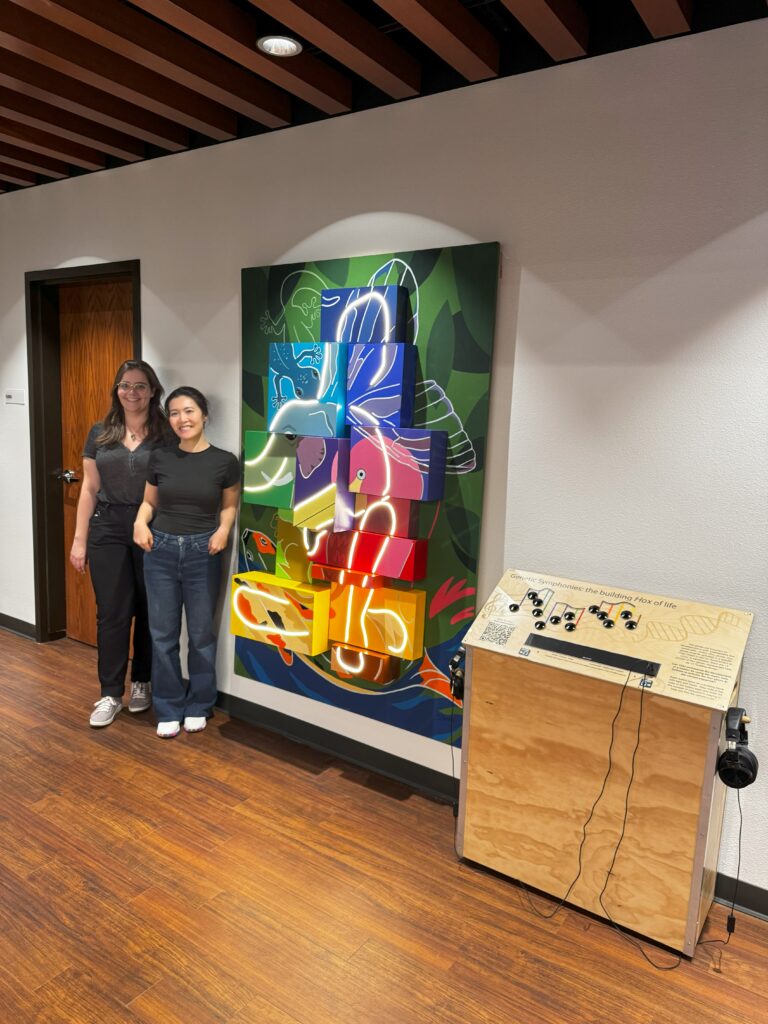
In 2000 measles was officially declared eliminated in the United States (1), meaning there had been no disease transmission for over 12 months. Unfortunately, recent years have shown us it was not gone for good. So far in 2025 there have been 6 outbreaks and 607 cases. Five hundred and sixty-seven of these cases (93%) are associated with an outbreak; seventy-four (12%) cases have resulted in hospitalization, and there has been one confirmed death, with another death under investigation (as of April 3, 2025; 2). For comparison, there were two hundred and eighty-five total cases in 2024; one hundred and ninety-eight (69%) were associated with outbreaks; one hundred and fourteen (40%) cases resulted in hospitalization. There were no deaths (2).
Help in Limiting a Dangerous Childhood Disease
Before the development of a vaccine in the 1960s, measles was practically a childhood rite of passage. This common childhood disease is not without teeth however. One out of every 20 children with measles develops pneumonia, 1 out of every 1,000 develops encephalitis (swelling of the brain), and 1 to 3 of every 1,000 dies from respiratory and neurological complications (3). In the years before a vaccine was available, it is estimated that there were between 3.5 and 5 million measles cases per year. (4). The first measles vaccine was licensed in the U.S. by John Enders in 1963, and not surprisingly, after the measles vaccine became widely used, the number of cases of measles plummeted. By 1970, there were under 1,000 cases (2).
Decreased Childhood Mortality from Other Infectious Diseases—An Unexpected Benefit
Surprisingly, with the disappearance of this childhood disease the number of childhood deaths from all infectious diseases dropped dramatically. As vaccination programs were instituted in England and parts of Europe, the same phenomenon was observed. Reduction or elimination of measles-related illness and death alone can’t explain the size of the decrease in childhood mortality. Although measles infection is associated with suppression of the immune system that will make the host vulnerable to other infections, these side effects were assumed to be short lived. In reality, the drop in mortality from infectious diseases following vaccination for measles lasted for years, not months (5).
Continue reading “Measles and Immunosuppression—When Getting Well Means You Can Still Get Sick”






